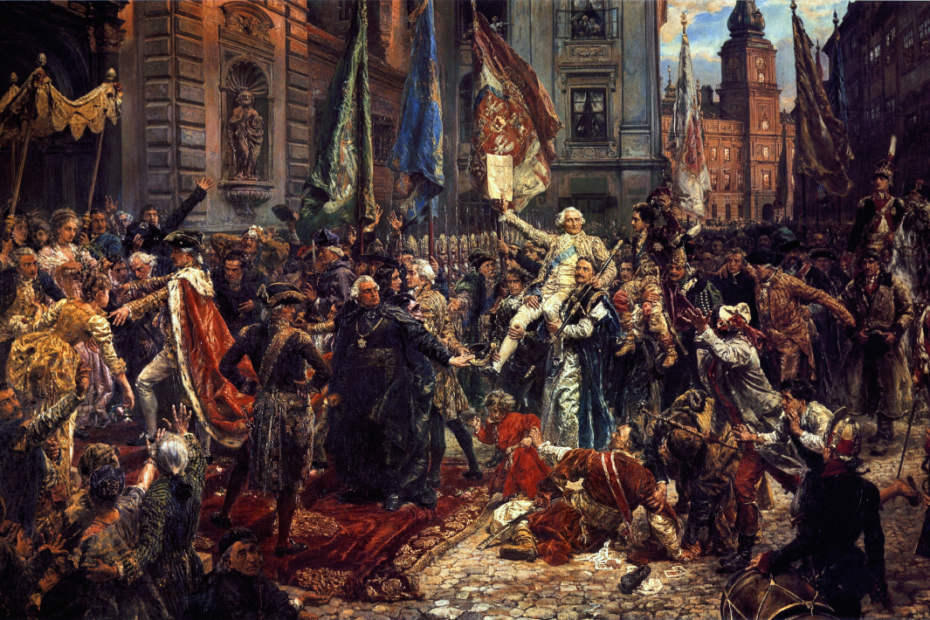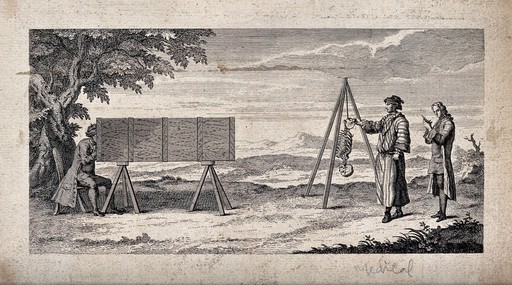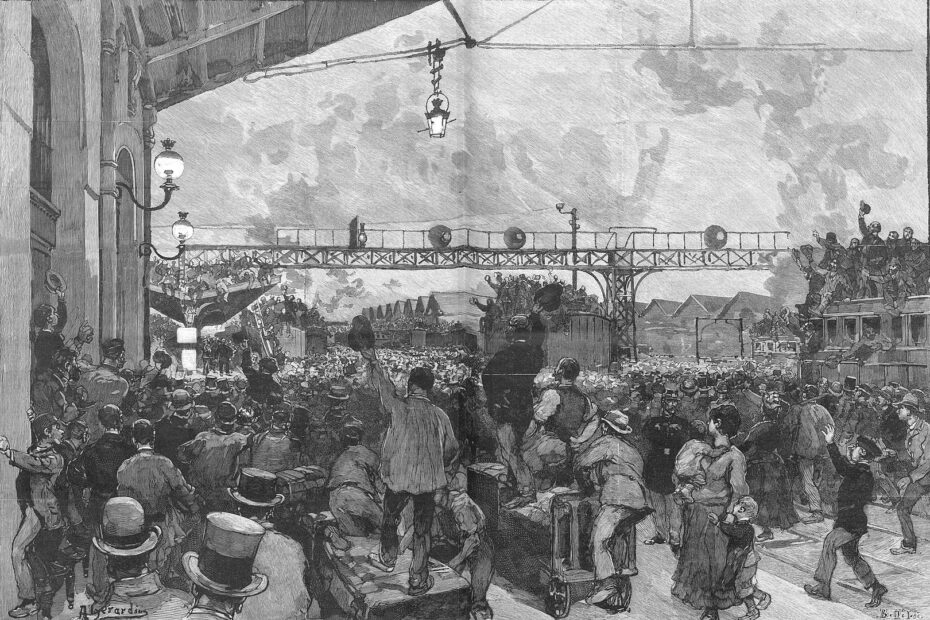DMA: IMCO targets GAFAM, forgets interoperability
We’ve seen the draft report on the Digital Markets Act from the leading Committee, and we are not impressed. Rapporteur Andreas Schwab imagines the DMA as a tool to take swift action against the biggest players in online markets. But the key issues that could help consumers, about whom the Committee for Internal Market and Consumer Protection should be most concerned, remain unresolved.
The usual suspects
The German Christian-Democrat MEP’s vision of the DMA targets the biggest platforms, by raising quantitative thresholds of how rich and popular one has to be to qualify as a gatekeeper. A quick check of whose annual EEA turnover is €10 billion in the last three financial years or market capitalisation is at least €100 billion in the last financial year, and which services have over 45 million monthly users, reveals that Schwab is targeting the GAFAM (Google, Apple, Facebook Amazon, Microsoft).
The rumour in town is that platforms such as booking.com don’t want to be bound by the same regulatory measures as the giants that are bigger and wealthier by an order of magnitude, and… that originate from the US. This could be considered beneficial, if one views only the five to be the source of most online evils. Except that it is not entirely future-proof if a new core service emerges and does a lot of damage before they actually reach the high financial thresholds. Not to mention that such an approach further entrenches the online ecosystem in which online intermediation is practically divided among the five companies.
Read More »DMA: IMCO targets GAFAM, forgets interoperability
















